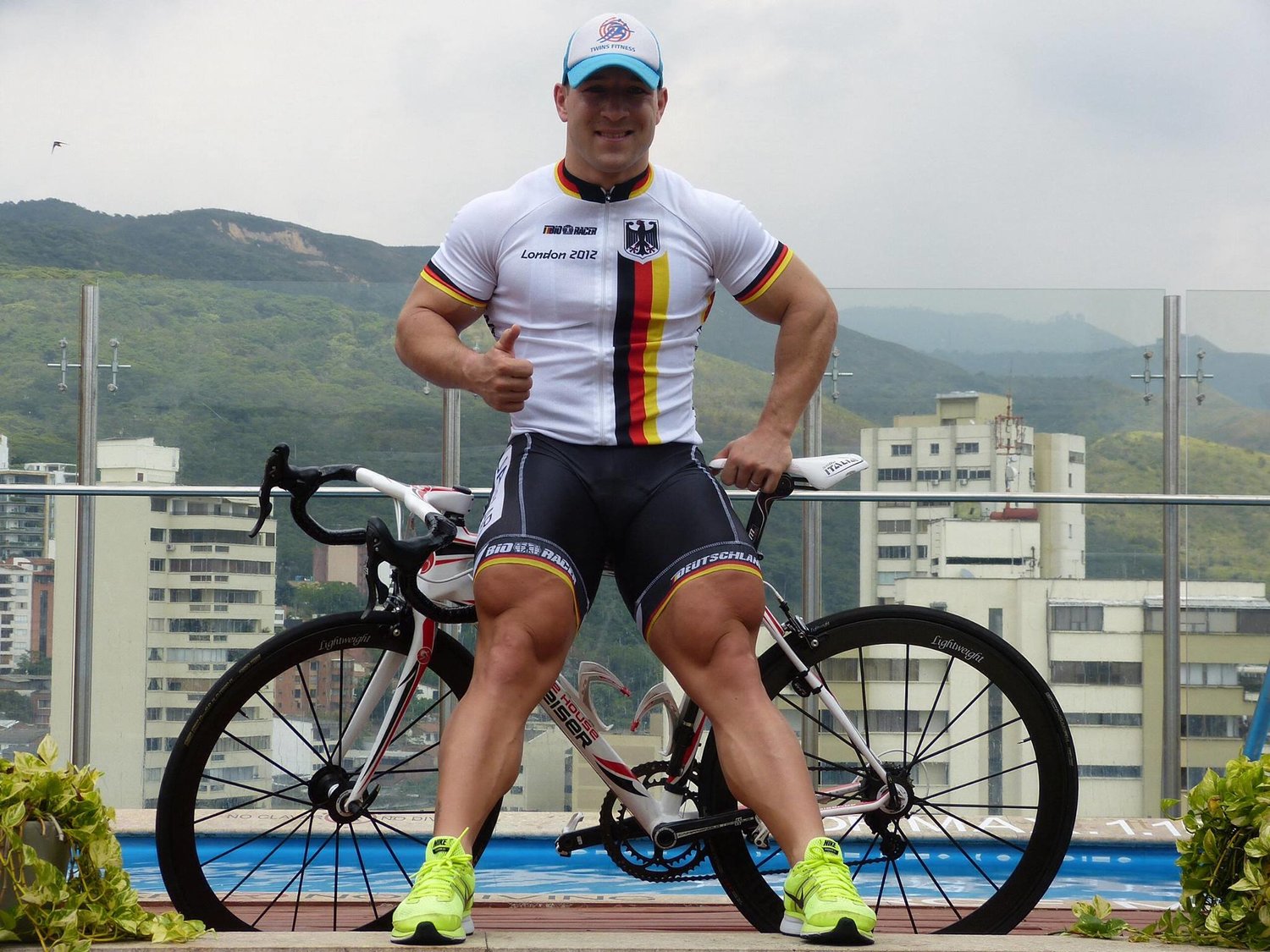you’re not able to train for a marathon and gain mass.
Marathon Runners
Correct, Marathon Runners are not going to gain mass.
Marathon Runners and other distance athlees want and need to keep their weight down.
Weighing less ensure their times are better.
The same is true with Sprinters
Dr Keith Baar
Dr Keith Baar, in a pervious post on this forum, went into how Track and Bike Sprinters focus keeping their weight lower.
They do so by limiting Upper Body Mass, which is not used, needed in sprints. Upper Body Strength Training is performed but Upper Body Hypertrophy is limited in Training.
20 mi a week or less would be easily sustainable by most people.
Less Is Better
20 miles of Running a week is a lot.
Strength and Hypertrophy Interferrance
" The interference effect is body-part specific. That is,
cardio involving the lower body (like cycling or running) impacts lower-body strength and size adaptations, not upper-body strength and size adaptations." How to Combine Cardio and Weight Training to Overcome the Interference Effect.
Thus, too much distance running impairs lower body Strength and Hypertrophy development. However, does little to impede Upper Body Strength and Hypertrophy gains.
This is some additonal information on Running and it's effecs on Gaining Muscle Mass by Dr Michael Ruldoph.
Controlling AMP-k and mTOR for Maximum Muscle and Fat Loss
Muscular Deveopment Magazine, 2015
1) Resistance Training stimuless Strength and Hpertrophty via mTOR; Anabolic Effect.
2) Too much Cardio blocks (mTOR) gains in Strength and Hyhpertophy via AMP-k. Cataboli, Fat Burning Effect.
Research determined individual who first perform Resistance Training, immediate followed by Cardio (too much) negated gain in Strength and Hypertrophy.
The Recommendations
1) Perform Cardio first, take a slght break and then perform Strength and/or Hypertrophy Training.
The downside is that performing Cario first takes something out of an individual Strength and/or Hypertrophy Training.
2) Perform Cardio and Strength/Hypertrophy Training on sepearate days.
3) Perform Cardio in let's say the morning and Strength/Hperetrophy in the afternoon, or vise versa.
The See-Saw Effect

1) Strength, Power and Speed are on one side of the See-Saw
2) Endurance Training is on the other end of the See-Saw.
The Training Protocol of one is completely different from the other.
When one goes up side on the See-Saw the other goes down.
Concurrent Training
Concurrent Training is the combination of resistance and endurance training in a periodized program to maximize all aspects of physical performance. This article will review the science behind concurrent training and help you get the most out of your training sessions.

gcperformancetraining.com
The combination of resistance and endurance training in a periodized program to maximize all aspects of physical performance.
Usually, this approach enables an individual to be well rounding in both; a "Jack of All Trades and Master or None.


